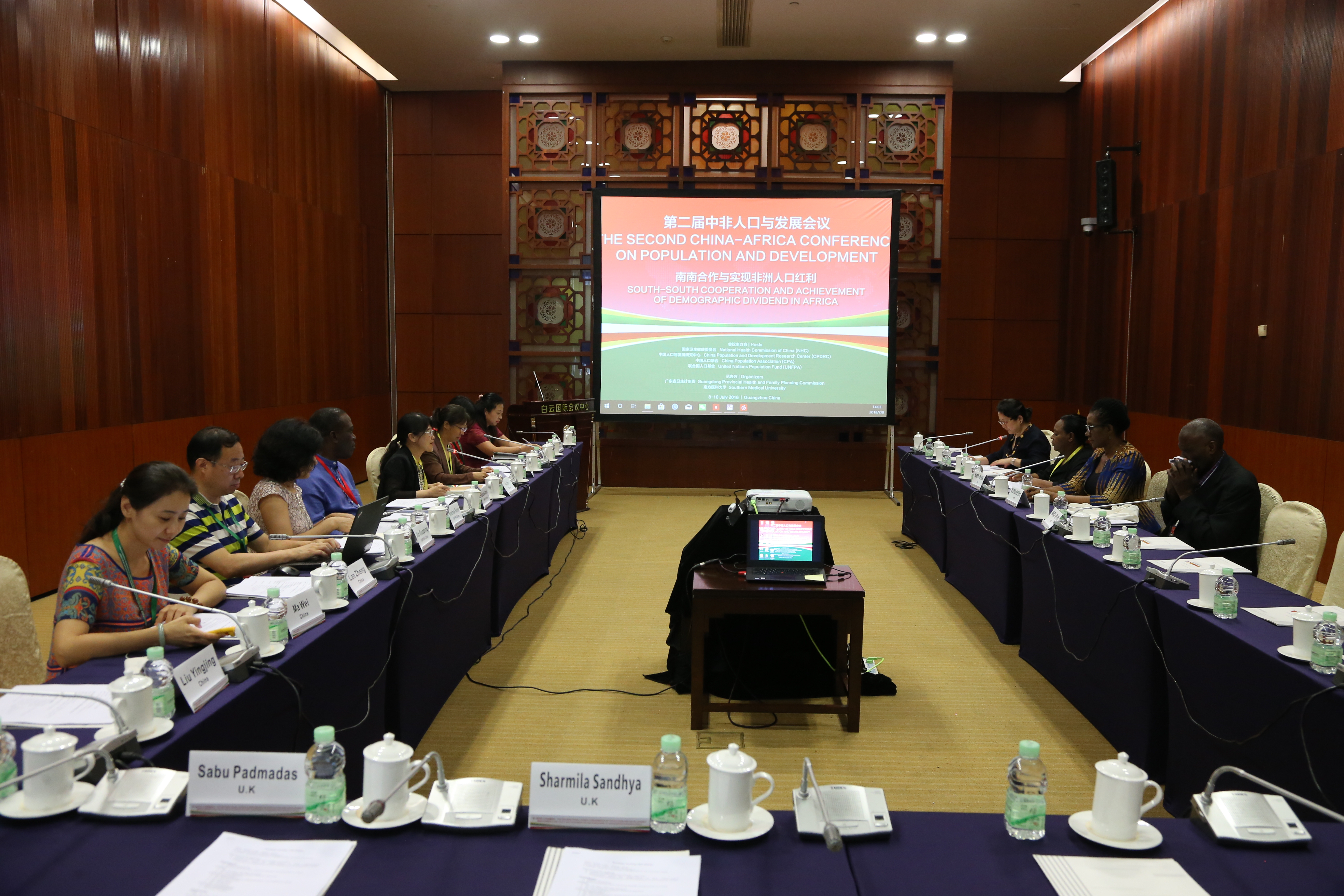 Integrated Population and Health Information Platform
This partnership featured an integrated population and health information platform on MCH that included demographic data collection and statistical projections
Integrated Population and Health Information Platform
This partnership featured an integrated population and health information platform on MCH that included demographic data collection and statistical projections

Challenges
Despite progress in data collection, processing and utilisation, there were still critical gaps in the civil registration of Ghana. While the registration of every birth and death was done in real time, only 64 per cent births and 20 per cent of deaths had been recorded. This could be attributed to the difficulty accessing hard-to-reach rural areas where many births and deaths not registered, among other reasons. The goal is to achieve universal birth and death registration coverage in the entire country.
There were efforts to strengthen the civil registration system and modernize the country’s statistical system by establishing an integrated population and health information platform, vital to the formulation of evidence-based maternal and child health (MCH) programmes. The Government explored cross-country cooperation through the South-South modality that would include sharing of experiences and expertise through training, among others, as well as essential technology.
Towards a Solution
Cooperation between Ghana and China, with support from UNFPA, started in 2014 and was aimed on demographic data collection, application, research and training on statistical and various population projection methods. Learning and exchange visits between professionals from the National Population Council (NPC) of Ghana and experts from the China Population and Development Research Center (CPDRC) were carried out. A series of training sessions was conducted that included learning on the innovative tool developed by CPDRC – the population projection software (PADIS-INT) - which could be adapted for broad application to situations in developing countries like Ghana.
This relationship is ultimately expected to help Ghana build an Integrated Population and Health Information Platform. This platform will support Ghana in collecting high-quality disaggregated MCH data, developing evidence-based MCH programmes, improving the accessibility and suitability of MCH services, and thereby improving the status of women and children in Ghana in terms of health, economy, and gender equality. Work on this is still in progress supported by this ongoing South-South relationship.
Results
Meetings and consultations among key partners of the initiative comprised of relevant institutions in Ghana, CPDRC and UNFPA resulted in a mutual understanding of the objectives, activities, outputs and desired outcomes of the collaboration.
The learning visit to China resulted in an increased interest and capacity development of national institutions in Ghana on the utilisation of population and health information data for development planning and MCH programming. A well-designed plan is now in place, with a phased approach, and is scheduled for completion and full operation by 2024.
Lessons Learned
This continuing relationship that has great likelihood for success was built with the following considerations:
-
Identify collaborating institutions that have complementarity of activities.
-
Initiate programme after all relevant stakeholder institutions are satisfied and have agreed to formalities.
-
Design programme that provides opportunity for exchange of visits and learning.
-
Address some development problems through SSC, even with countries outside the region. China is a potential partner due to its interest in SSC.
Contact Information
Countries involved
Supported by
Implementing Entities
Project Status
Project Period
Primary SDG
Secondary SDGs
Similar Solutions
| NAME OF SOLUTION | Countries | SDG | Project Status | |
|---|---|---|---|---|
A Billion Brains: Smarter Children, Healthier Economies High Level Meeting on South-South Cooperation for Child Rights |
China, Ghana | 17 - Partnerships for the Goals | Completed | View Details |
Accelerating the Implementation of African Union Treaties in São Tomé and Príncipe South-South learning from the Beninese judicial system’s experience in the application of human rights treaties to its national law |
China, Ghana | 05 - Gender Equality | Completed | View Details |
Accelerating the Transformational Shift to a Low-Carbon Economy in Mauritius Towards supplying 35 percent of the country’s energy needs with renewables by 2025 |
China, Ghana | 05 - Gender Equality 09 - Industry, Innovation and Infrastructure 13 - Climate Action | Ongoing | View Details |
Accessibility of Financial Services and the Private Sector in Africa Maximizing the impact of financial cooperation on economic development and industrialization in Africa |
China, Ghana | 08 - Decent Work and Economic Growth | Completed | View Details |
Access to Justice through e-Services and Dematerialized Case Management Scaling up connectivity and unlocking the digital potential of judicial institutions to enhance access to justice for all |
China, Ghana | 05 - Gender Equality | Completed | View Details |
